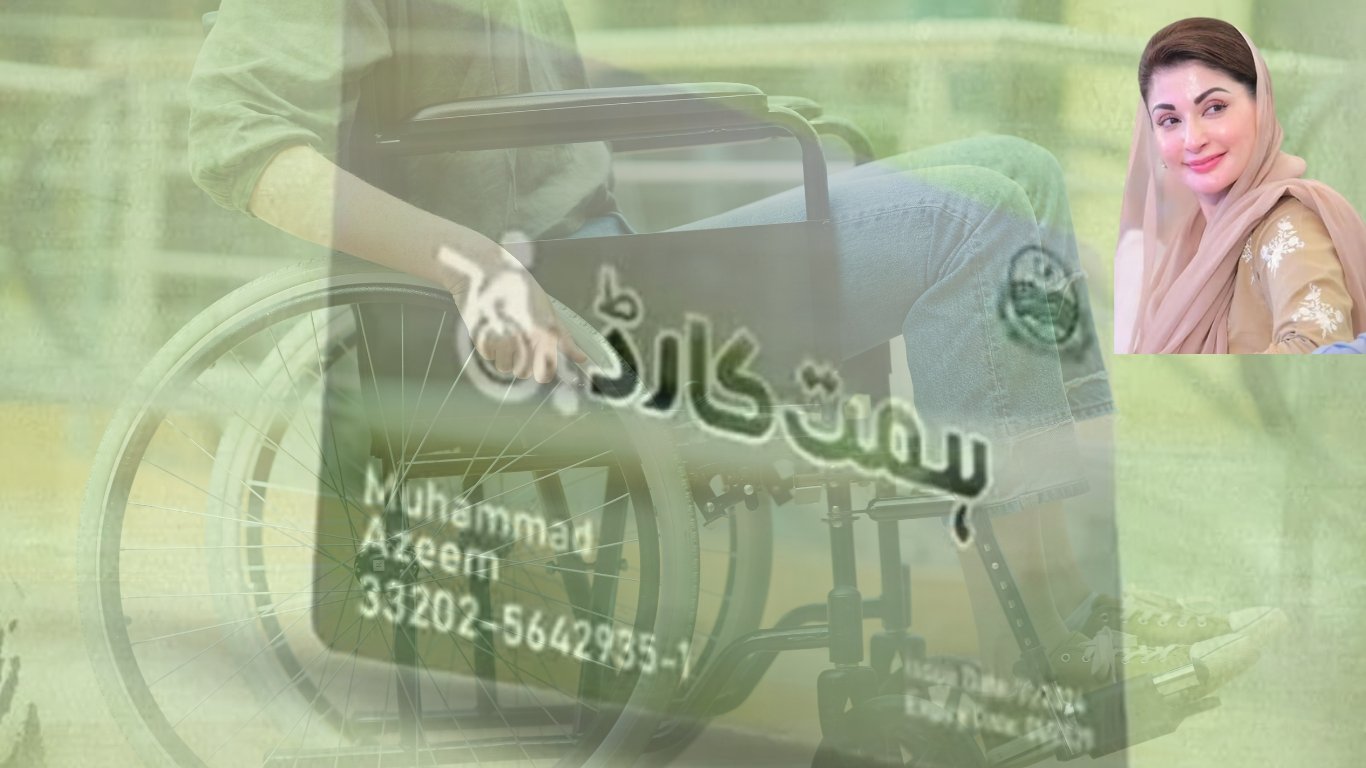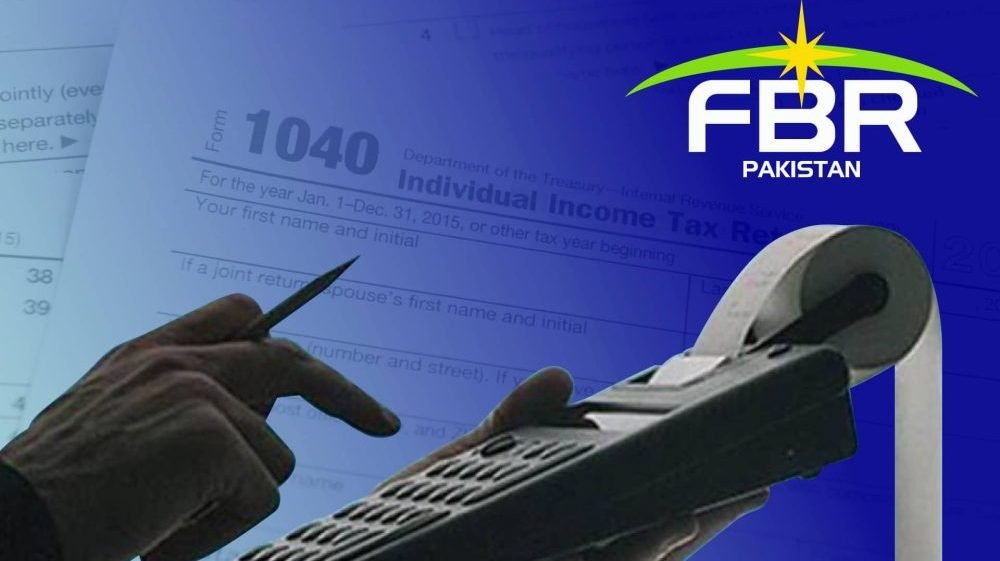LAHORE: Punjab Chief Minister Maryam Nawaz Sharif recently unveiled the Himmat Card, a revolutionary initiative aimed at supporting differently-abled citizens across the province. Under this scheme, 65,000 individuals with disabilities will receive financial assistance of Rs. 10,500 every three months.
In addition to the monetary aid, the card will function as a travel pass, allowing cardholders to use Lahore, Multan, and Rawalpindi’s Orange Line and Metro Bus services free of charge. The travel benefits will be accessible starting from October 15.
Comprehensive Support for Differently-Abled Citizens
Speaking at the launch event, Chief Minister Maryam Nawaz Sharif highlighted that the Himmat Card would also provide access to essential equipment such as hearing aids, wheelchairs, and prosthetic limbs, ensuring comprehensive support for the differently-abled community.
The CM emphasized the Punjab government’s commitment to enhancing the quality of life for people with special needs. “With the Himmat Card, differently-abled individuals will no longer be seen as a burden on their families or society. This initiative empowers them to live with dignity and independence,” said the CM.
Expansion of the Programme
The Himmat Card programme is set to grow, with plans to increase the number of beneficiaries in the near future. At the launch event, the chief minister personally distributed the cards to recipients and oversaw the registration and activation process.
How to Apply for the Himmat Card
Differently-abled citizens can apply for the Himmat Card by submitting a written request to the Chief Minister’s Office or the Social Welfare Department. Once enrolled, they will receive quarterly financial assistance, along with the ability to travel freely on designated public transportation systems.
Although Rs. 10,500 may not be a significant amount, CM Maryam Nawaz noted that the funds could still provide much-needed relief and access to vital services for the recipients.
A Symbol of Responsibility
The chief minister stressed that a society’s treatment of its differently-abled members reflects its moral compass. “Supporting differently-abled individuals should be a priority for any government. I am committed to reducing their hardships and giving them the respect they deserve.”












